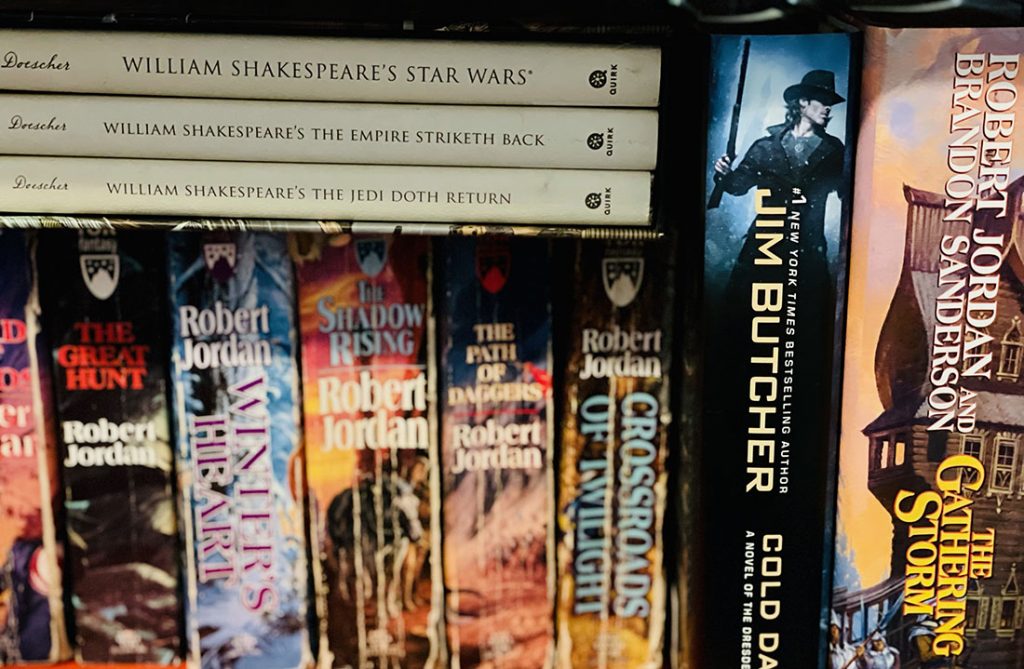*Editors note: The “Views from NAU” blog series is written by NAU affiliates and reflects the views of the author.
 By Nicole Walker
By Nicole Walker
Professor from NAU’s Department of English
I teach creative writing to both undergrads and grad students. I started this semester off with a question to my students about what they were reading for fun. “Nothing!” was the resounding roar. But I dug a little deeper. They’re all reading—just in different ways. One student was analyzing lines from the Netflix show she’d been bingeing. Three students talked about the way they’d been working out their Dungeons and Dragons games. A cluster of students remarked on what video game they were playing and then gently teased me when I got the name of it wrong—and have now completely forgotten its title. Another student was gleefully in the middle of the saddest book ever written, A Little Life, by Hanya Yanagihara, which I also read and told her to stop reading! It’s too sad. There’s no better way to get people to read something than to tell them to stop. I didn’t tell them to stop their other “readings.” Maybe the Netflix and D&D and video-game-whose-name-I-can’t-remember aren’t books, but they do a lot of what books do—they engage the imagination, they lead us to analyze characters’ psychological motivations, to build worlds, to invest in the avatar/protagonist’s struggle—they build empathy too, although probably not as quickly as books.
I know my students read the books for their courses. Should I be disappointed that they don’t read as avidly as they did when they were kids? Reading for fun while in college might be a bit of an oxymoron. In our workshop, students read each other’s work. I ask them to be analytical, curious, sensitive, constructive. I know in their other academic classes they read textbooks and 300-page novels from other centuries and scholarly articles about those 300-page novels. Reading can be a bit of a chore when there is so much “required’ reading and so much thinking about the reading.
But what I hope happens in my writing class is that we reignite that love for reading by helping each other craft inviting, appealing, can’t-put-downable essays, stories and poems. To do that, I ask them to bring to mind not only their D&D, video game and Netflix love. I ask them to remember the books they loved as kids. I tell them that I, when scrolling through Facebook, put a book that was recommended by a student or a faculty member next to my computer. If and when the doom-scrolling runs out of scroll, I pick it up. I walk away from the doom and I remember what it is to be enveloped by a book. I also remind them that Netflix and video game makers need writers and to be good writers, you have to read a lot of books—especially for fun. I imagine students who are not in writing classes can remember what a cozy place a book made for them. Reading for fun exercises a part of our brain very few other activities do because we have the chance to imagine the scenes and characters for ourselves. Reading is freedom! It’s like writing and watching the movie at the same time. A conversation with the author and you in your head. A little trip beyond classes and homework and performing with and for friends. It’s a treat for just you. Treat yourself!




